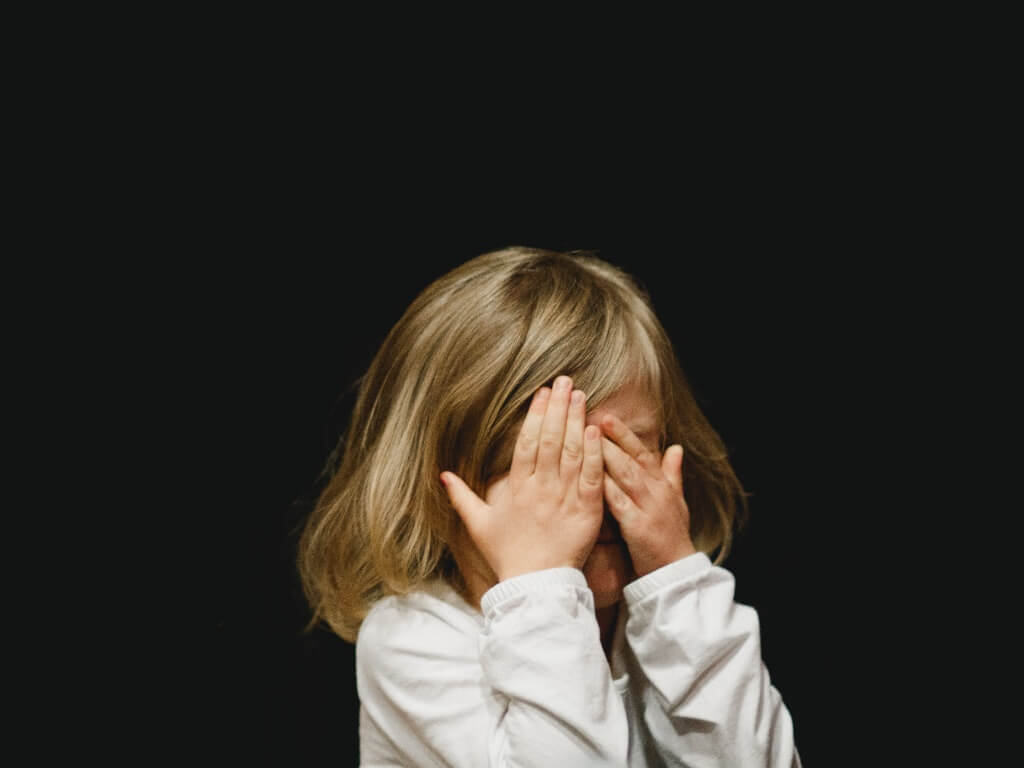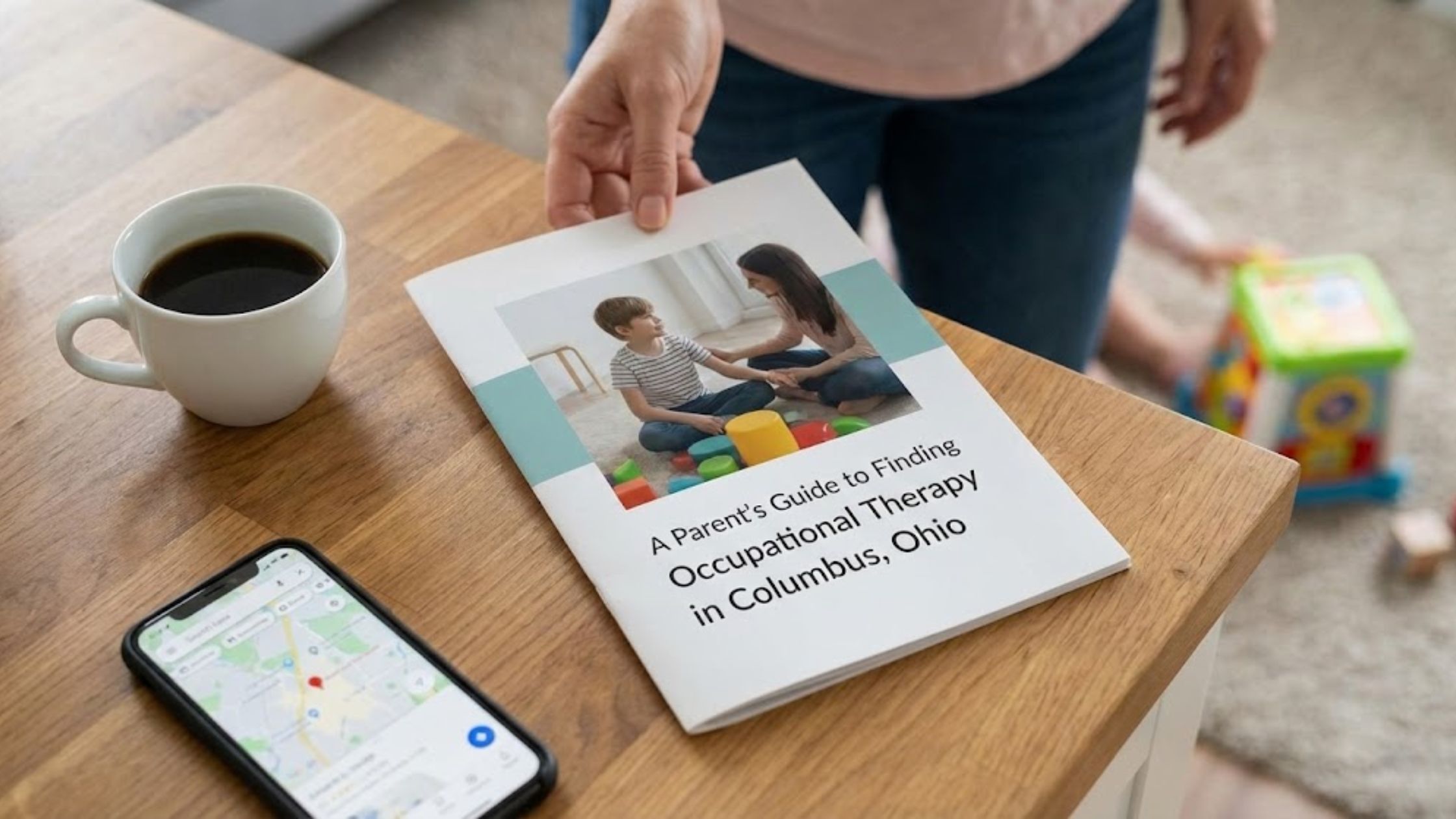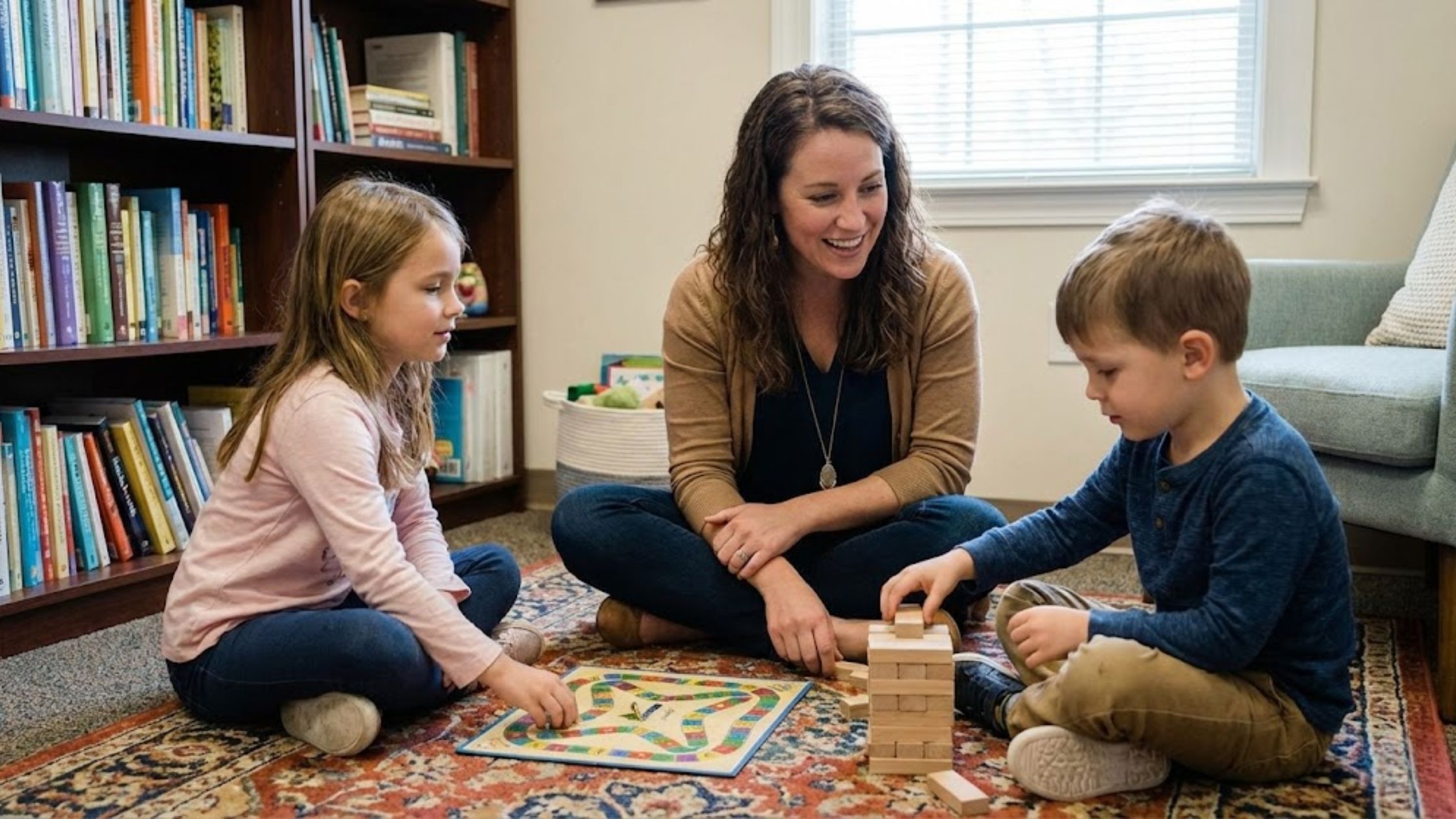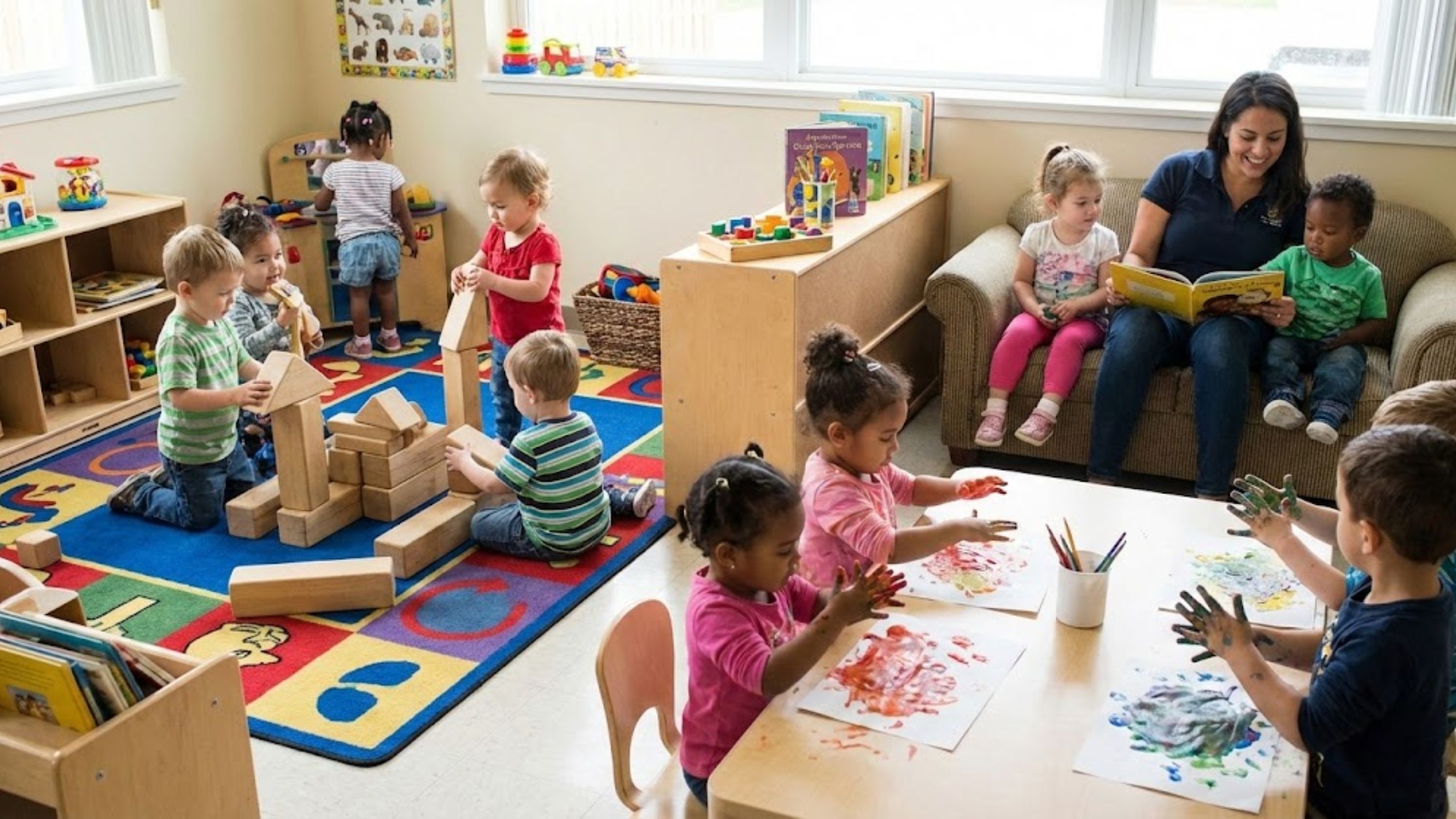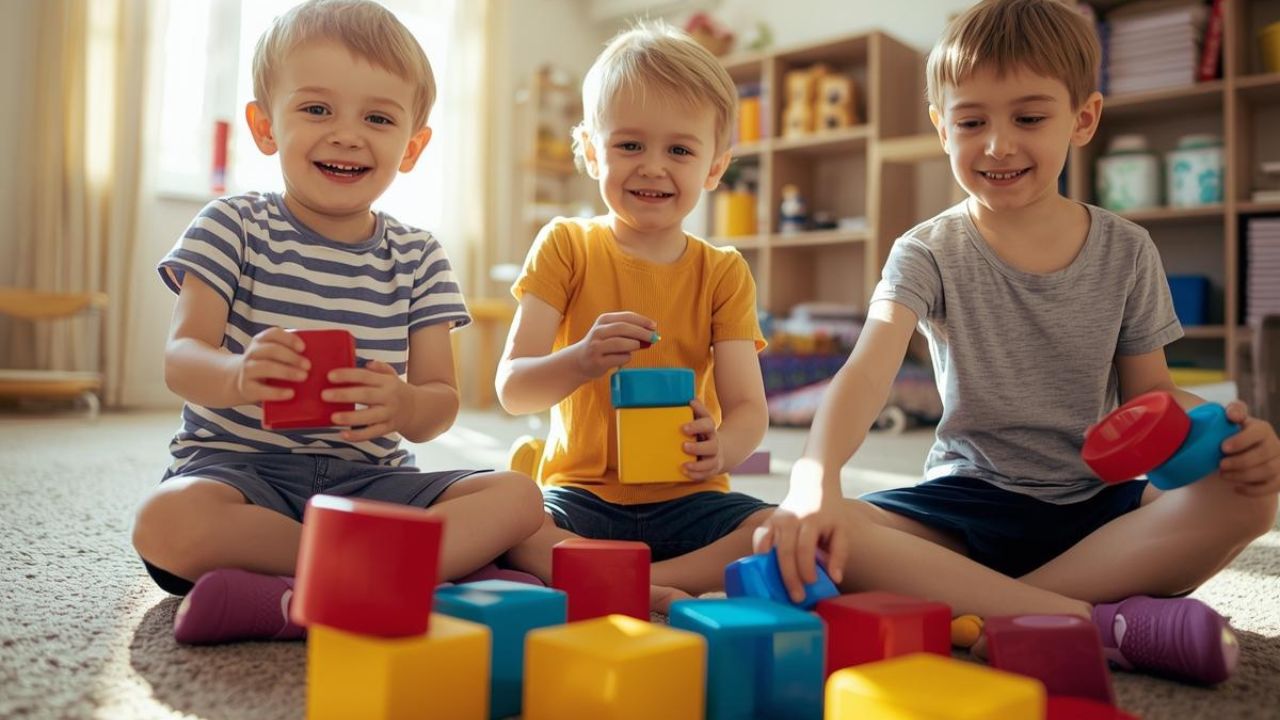Uninvolved or Neglectful Parenting is a parenting style described as having no expectations from, and no responsiveness to children.
As the term suggests, parents are “uninvolved” – thus letting their children do whatever they want, whenever and however they want it – and “neglectful” of their children’s needs and wants, aside from the basic needs of food, shelter, and clothing.
While no parenting style is perfect and each style is dependent on the nature, culture, and environment of the family, the uninvolved parenting style seems to have the most disadvantages.
This parenting style, just like in any other style, is more of a spectrum that ranges from neglectful to rejecting-neglectful. It can be as simple as a neglectful parent who does not care about their child’s needs, to a parent who completely disowns the child and does not provide even the basic needs.
Also, being neglectful parents is sometimes unintentional, where they are completely unaware that they are being one. Possible causes include being overworked or suffering from depression or other mental health issues.
Characteristics of Uninvolved Parenting Style
You may already have an idea of what uninvolved or neglectful parenting looks like. You may see it every day when you go to the park or at reunions. You may also have heard about it from your friends or witnessed it firsthand.
What other people don’t know is that a rowdy, ill-behaved child, while the parent is just being preoccupied with something, does not mean constitute neglectful parenting. It has to be an ongoing and recurring pattern.
With that said, here are some of the main characteristics of uninvolved parenting.
Uninvolved parents show no interest in raising a child
Raising a child is all about being involved with their lives, whether it is controlling actions, disciplining behavior, showering them with love and affection, or all combined. It is the parents’ responsibility to ensure that their children become functioning and contributing members of society.
This responsibility is completely ignored by uninvolved parents. Uninvolved parents are not interested in their children’s lives and do not or may not take responsibility for their children’s actions. They let bad behavior slip, and good behavior unrewarded, unless these actions directly impact them.
In addition, uninvolved parents may let other adults take care or take responsibility for their children.
Indifferent to their child’s emotional needs and activities
The best way to describe uninvolved parents is by being distant and indifferent to their children’s needs.
Uninvolved parents do not show interest in their children. In the early stages of the kid’s life, a neglectful parent acts detached and avoids interaction – even feeding or soothing.
They completely ignore and shows a lack of enthusiasm for any achievements of their child and do not get involved in their children’s activities. They skip important activities at home and in school and do not celebrate milestones.
They prioritize other things and are more focused on their own needs and wants
One of the reasons why neglectful parents are indifferent to their children is because they prioritize their own needs and wants. Whether it’s their work, personal life, or any other affairs, they deem it more important than their kids.
At times, they prioritize their own needs out of necessity, especially if a parent is not even capable of taking care of his/herself. Such is the case for parent/s suffering from depression, or other mental health issues.
Uninvolved parents do not expect anything from their child
Since neglectful parents are indifferent when it comes to their children, they don’t expect anything from them, whether it’s obedience, discipline, love, or affection.
How is Uninvolved Parenting Different from Other Parenting Styles
Uninvolved parenting style is described as low in both demand or control, and low in responsiveness or support/affection. It can be best illustrated in the quadrant below.
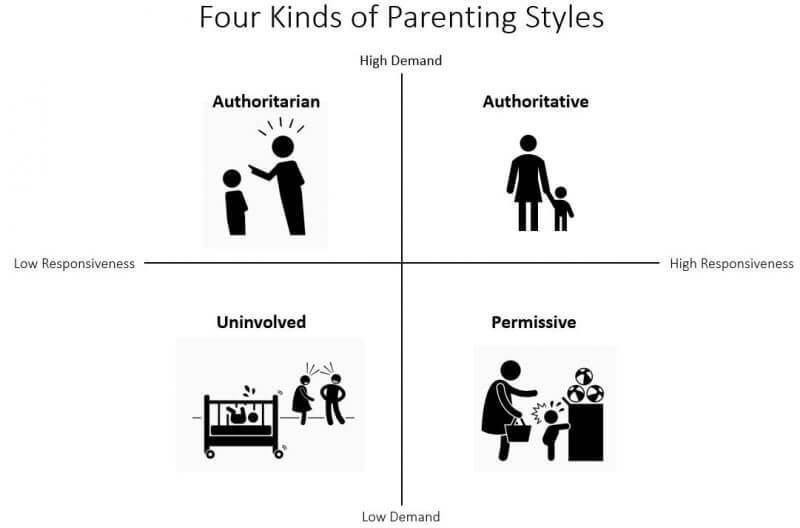
The X-axis is the level of responsiveness (the rightmost is most responsive, while the leftmost is least responsive), while the y-axis is the level of demandingness (topmost is most demanding and the bottom is the least demanding).
Parenting demand or control refers to rules and structure. This means regulating and providing behavioral guidance to manage how a child conducts himself or herself around themselves and other people.
Demandingness also means monitoring behavior to raise awareness for corrective actions and providing consistent discipline. One study even emphasized how monitoring reduces kids’ externalizing outcomes and how consistent discipline was “associated with positive adolescent adjustments.”
As uninvolved parents, this dimension is lacking or is completely inexistent. Uninvolved parents do not give importance to controlling their children. As a result, the effect of uninvolved parenting can extend past their adolescent years and up to their adult life.
On the other hand, responsiveness pertains to providing emotional needs by showing love and affection towards their kids. They also show family or parental support. Studies have shown that providing warmth and support reduces a child’s tendency for alcohol use or substance abuse, decreases externalizing tendencies, and increases confidence.
Neglectful parents also ignore this dimension of parenting. A child raised by an uninvolved parent lacks the warmth, love, and emotional support usually given under authoritative or permissive parenting.
Because children of uninvolved parents lack both nurture and control, they are often left alone to fend for themselves. As such this style of parenting brings consequences of both authoritarian parenting and permissive parenting.
Uninvolved vs. Permissive Parenting Style
Permissive parenting style is placed in the 4th quadrant and is described as high in responsiveness but low in demand. Permissive parents let their kids show little-to-no guidance and discipline and usually let their children do what they want. They also show a lot of affection and attention that they don’t give much importance to discipline and self-regulation.
Uninvolved parenting is similar to permissive parents when it comes to discipline, but is completely different when it comes to attention. Permissive parents want to spoil their children with affection and see discipline and control as the opposite thereof.
Both parenting styles lack demand and control. However, the context behind the similarity is different. As mentioned, permissive parents don’t demand from their children, because they see it as the opposite of affection, or they just don’t believe in punishment and prefer positive reinforcement.
Uninvolved parents on the other hand don’t demand from their kids because they either don’t care, or do not have the capacity to do so.
Uninvolved vs. Authoritarian Parenting Style
Placed in the second quadrant is authoritarian parenting. This style of parenting is characterized by low responsiveness, but high demand. Authoritarian parents are more concerned about discipline and control and set adult standards for their children.
They are more focused on output and perfection and show complete disappointment when these conditions are not met.
When it comes to discipline, it is normal for authoritarian parents to use both verbal and physical punishment. They may yell, shame, or completely withdraw privileges for not doing what is expected of them.
Uninvolved parenting has the lack of support and warmth as a common factor with authoritarian parenting. However, unlike the latter, uninvolved parenting looks more like indifference. This is also important to note since while both parenting styles lack warmth and nurture, authoritarians still “care” for their child, by being strict.
The main difference between uninvolved and authoritarian is how they see demand. As mentioned, uninvolved parenting requires little demand from their children. This equates to little discipline and control. Basically, uninvolved parents either don’t expect anything from their children or are not capable of controlling them due to circumstances.
Uninvolved vs. Authoritative Parenting Style
Authoritative parenting is placed in the 1st quadrant of the matrix and is the complete opposite of uninvolved or parenting.
Authoritative parenting is rated high in demand and high in support and is viewed as the parenting style with the least amount of disadvantages. Authoritative parents are strict when needed. They control their children’s behavior and follow through punishments. They are open to communication and encourage discussion and negotiation with their kids.
Authoritaritative parents don’t tolerate bad behavior but they explain the reason behind this. They believe that by treating their kids as young adults, children would grow up to be level-headed, socially capable, and successful individuals who know patience, perseverance, the value of hard work, and who are capable of making critical decisions.
On the other hand, uninvolved parenting is rated low on both demand and responsiveness. Therefore unlike authoritative parenting, an uninvolved parent does not bother to control or discipline a child.
The same thing goes for responsiveness. a neglectful parent completely ignores and withdraws attention from the child. Again, this may be attributable to the indifference a parent has to a child, because of mental health issues, or because of other instances that the parent deemed to be more important.
Effects of Uninvolved Parenting
Uninvolved parenting, just like any other parenting style has both positive and negative effects on children. However, studies have shown that there are more disadvantages than advantages of neglectful or uninvolved parenting.
The following are the main consequences of uninvolved parenting.
Low self-esteem and confidence
Numerous studies have found that uninvolved parenting affects children’s self-confidence. One study found that, together with authoritarian parenting, neglectful parenting was related to lower self-esteem in children.
There are several reasons for this kind of consequence, as follows:
1) children may feel that they are unwanted – since their parents are not giving them any form of attention, whether positive or negative, they feel that there is no point in their existence.
2) children lack parental figures who can reinforce their worth – parents usually teach their children pride and self-recognition. Since an uninvolved parent doesn’t give any form of attention, this aspect of parenting remains missing. In the end, a child looks for his/her self-worth somewhere else.
3) children don’t have someone who can properly guide them in making decisions – usually, it is the parent’s job to teach their children how to make proper decisions. Without any form of parental guidance, children often make mistakes and blunders. If a parent raises a child in an environment where mistakes are either condoned or condemned, then making mistakes often reduces their confidence in making decisions and standing by them.
Poor social skills
Uninvolved parenting negatively affects how children interact with other people. One study found that children of uninvolved parents perform poorly in social competence and psychosocial development. Children’s low self-esteem and confidence affect how they interact with other people. Lack of guidance from parents also can make children behave badly towards other people.
On the other hand, children may come out as stubborn and hard to deal with since they are not used to authoritative figures who tell them what to do and how to act.
Poor academic performance and low creativity
Children of parenting styles associated with low responsiveness (authoritarian and uninvolved) are scored low in creativity
Another study found a significant correlation between neglectful parenting with academic achievement and emotional intelligence. Another study in Ethiopia found the same negative correlation between neglectful parenting and adolescents’ academic achievement.
Since uninvolved parents are not actively involved in raising their children, the activities that usually help stimulate brain and motor development are not taught. One important skill that greatly involves parent-infant interaction is spatial intelligence.
Studies have shown that better academic performance and high aptitude in science, math, technology, engineering, and business are a result of spatial skills and intelligence. It also further develops critical thinking and decision-making early on.
Thus, a parent’s involvement means that this skill is not being developed.
Increased risk for alcohol or substance abuse, or delinquency
Kids raised by neglectful parents have a high risk of having substance abuse problems. Because they don’t have any parental or authoritative figure to guide them, their surroundings easily influence them. They try to find a place where they belong
This is why we see some children act out or break the rules in and out of school. This is their way of trying to get attention from their parents. For them, any form of attention is affection.
Other effects of neglectful or uninvolved parenting
Apart from the aforementioned effects of uninvolved parenting, there is also a possibility of the following:
- Increased risk of depression / mental health problems
- more impulsive and less self-control
- increased tendency for self-isolation
- difficulty forming lasting bonds
It is worthy to note that the environment the child grew up in aggravates or diminishes these effects. One study revealed that the effect of parenting style has a greater effect in families with poor or disadvantaged backgrounds.
If, for example, a child is raised in an environment where violence and substance abuse are common and no parental guidance is present, there is a high probability that the child will become violent and acquiesce to substance abuse.
On the other hand, if a child is raised in an environment where its classmates or parental figures are all responsible individuals, then the child may become self-reliant and be the one to provide help to the family.
Key Takeaway
As you may have realized, the effects of uninvolved parenting become a cycle.
What starts as low self-esteem because of lack of guidance from parents will cause children to have poor academic performance and social skills. As a result, they may look to other people for guidance and thus be involved in bad company, being exposed and addicted to alcohol and illegal substances.
And once they grow up and become adults, the cycle continues. Therefore parents’ roles are of great importance not only to have a harmonious family home but also to raise responsible working members of the society.

